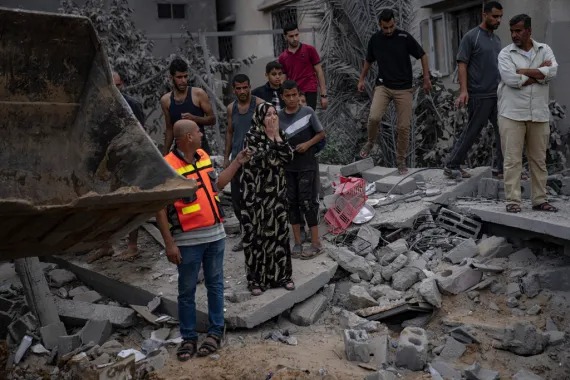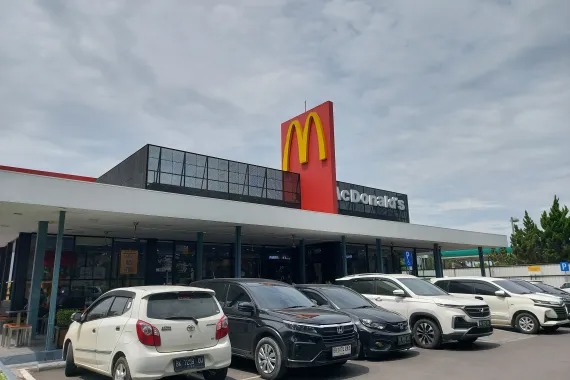The UN Relief and Works Agency for Palestine Refugees (UNRWA) has issued a chilling warning that essential aid operations in the Gaza Strip will come to a standstill within the next 48 hours. Thomas White, the Gaza chief for UNRWA, took to social media on Monday to convey the urgency of the situation, revealing that fuel, a lifeline for humanitarian efforts, has been denied entry into Gaza for over a month.
The Israeli siege, compounded by relentless air strikes and a ground offensive, has created a dire humanitarian crisis. As organizations struggle to assist those displaced and wounded, the lack of access to fuel, food, and electricity has pushed conditions to the brink.
Humanitarian Crisis Unfolding in Gaza
In his social media post, Thomas White stated, “The humanitarian operation in Gaza will grind to a halt in the next 48 hours as no fuel is allowed to enter Gaza.” This revelation underscores the severity of the situation as the region faces a perfect storm of conflict and resource shortages.
Struggling Against the Odds
The fuel shortage is not only affecting aid operations but is also taking a toll on the health system. Hospitals, already stretched to their limits, are running out of fuel for generators, leaving medical professionals unable to save lives. Israeli forces have surrounded al-Shifa Hospital in northern Gaza, trapping medical workers and patients inside. The Israeli allegation that the hospital sits atop Hamas tunnels is vehemently denied by the group.
Mounting Casualties and Collapsing Services
The death toll continues to rise, with Palestinian authorities reporting over 11,000 casualties, including a heartbreaking number of children. The UN disclosed that 101 workers in Gaza have lost their lives since the conflict began. As medical and communications services collapse, casualty updates have become sporadic, and the health system is teetering on the edge.
The situation is compounded by the collapse of vital services. Water distribution contractors, running out of fuel, have ceased working, denying potable water to 200,000 people. With the conditions created by the bombing and the siege, the risk of disease outbreak is looming large.
















